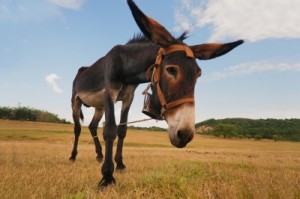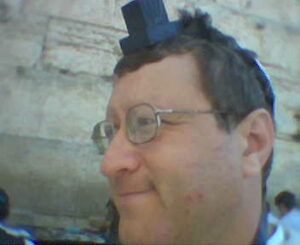Perashat Miketz – Young Wisdom
Unfortunately, there are many people who go through life naive. At eighty they are no wiser than when they were fifteen. The majority of people learn about life and its confusing ways. By the time they are elderly most have learned a lot.
Others have a natural understanding and at a very young age are wiser than average. These are the child prodigies. The prodigies we are used to hearing about play the piano at age three, go to Harvard when they are fourteen and then work in scientific think tanks.
Some children have natural insight. You could sometimes call this Ruach Hakodesh. When children know something that they should not we tend to get upset. Sometimes the insight of these young people can help us get a new perspective. Every one who has had children has been taught something. As the phrase says “From the mouths of babes.”
This is similar to the story of Yosef. We are told that he was a “Ben Zekunim.” Some translate that as he was smart. A Zaken being a smart elder. Yaacov loved him because of his great intelligence.
The brothers despised him because he was younger but more talented than them.
After they sold him Potifar saw that Yosef, although young, was very smart. In the jail he was put in charge of the prisoners for the same reason.
When he was brought in front of Paroh he insulted Paroh by saying that this strange G-d is going to cause havoc on world economy. Paroh overlooked the obvious insult that he was not a god and decided to use Yosef’s blessing to make some money. He also put Yosef in charge.

I hope that we have the strength to accept the truth from anyone even if he is seventeen like Yosef was.





